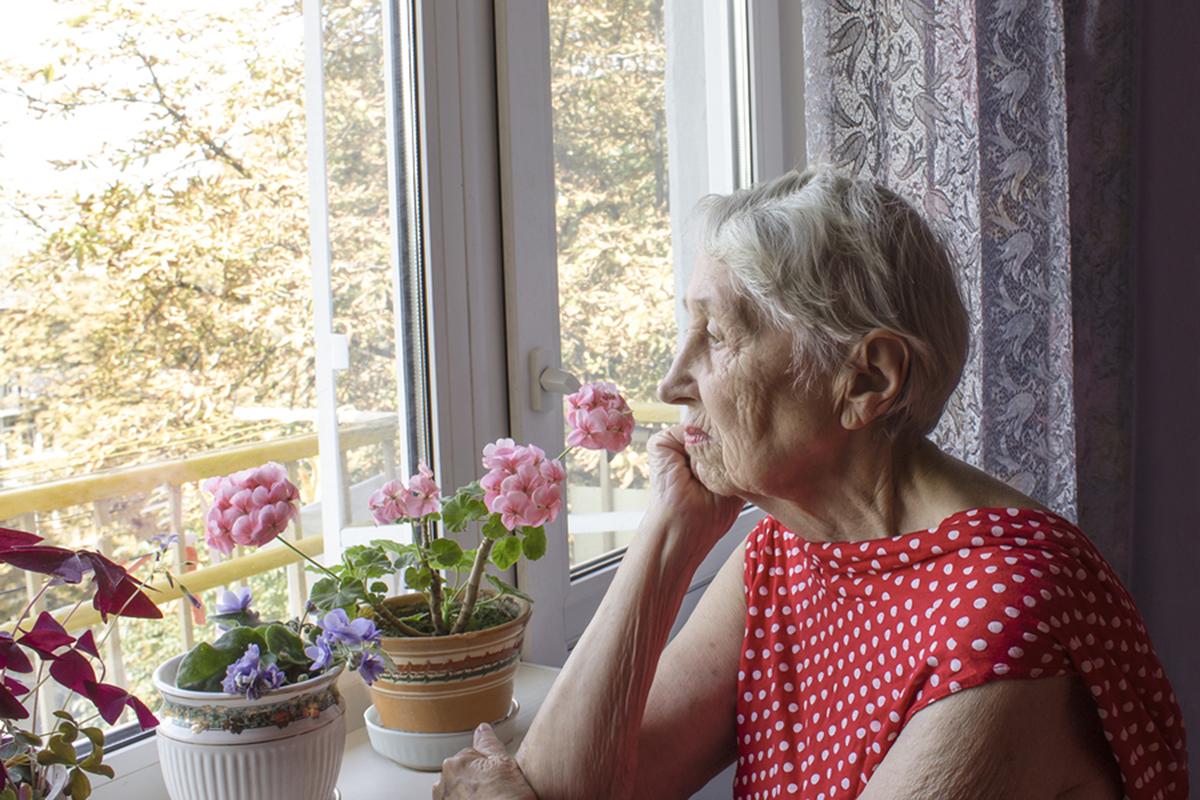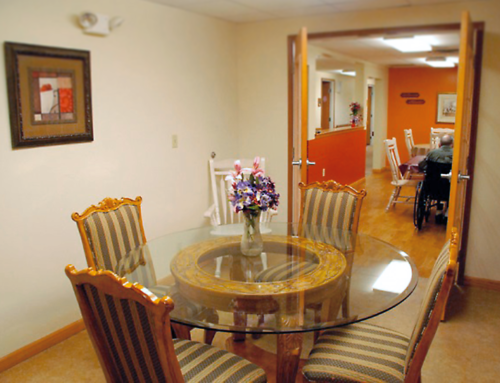There is a huge psychological cost of caregiving and of making difficult care decisions that some professionals are likening to the effects of post-traumatic stress disorder. Caregivers may experience symptoms like intrusive thoughts, disabling anxiety, hyper-vigilance and avoidance behaviors. Also the disruptions to normal sleep and eating patterns that result when one is spending so much time on caregiving can create an emotional, mental and physical toll. The caregiver can often feel isolated and alone, or even begin to feel resentful of their loved one.
My Loved One Needs More Help Than I Can Give!
What Now?
It’s important to recognize how much you’ve been giving to your loved one, and perhaps tell yourself, “Okay, I’m not living a life for myself anymore, I’m living for that person.”
Caregiver guilt and grief are common reactions to moving our loved ones with dementia out of their homes. We may feel that we lose our family member twice, once to the disease, and again when they pass. Caregivers may wonder if they could or should have done more; they may feel separation anxiety in moving their loved one to another location.
The decision about WHEN is the right time to move a loved one with Alzheimer’s to a care facility is always challenging, As someone’s dementia progresses, it is important they are in a safe place in which they have care when they need it 24 hours a day, and where they can continue to be active, both physically and mentally. It requires real skill to know how to continue to keep people with dementia active. At some point it is simply not possible to provide all this yourself, and if you allow your guilt to get in the way of making the best decision for your loved one, you are doing them (and yourself) a disservice.
Often the person with dementia’s greatest fear about moving to a memory care home, may not be living in a community but rather that, if they may feel warehoused in a facility, they will lose their humanness: that they will be neglected or abused and diminished as people. In doing your research bear two things in mind, you want a home that provides relationship based care, a home that can see your loved one “As they were in their finest hour” See our blog In Praise of Small And one that you can develop a trust relationship with, see our blog.Who Can You Trust
It is important to keep in mind that if you wait too long, their memory will be so impaired that it will take a much longer time for them to adjust to their “new home” Once there, you can spend as much time as you like with them but as their loved one rather than their caretaker.

There is more to loving someone than taking care of them. ANYONE can do the physical work of care-giving, but only you can warm them with your presence and love. Once the physical and emotional work of caregiving is taken off your shoulders you can devote yourself to providing the warm loving moments that only you can provide. You can visit as often as you like and the time you spend will be quality time. . They will feel warmed and loved by this (RESTED) person who sits with them.
My own mother suffered from dementia and passed away a couple of years ago. When I visited her in her lovely small care home she often couldn’t understand much, but she liked to hold my hand and take me to the garden that was part of the home, she always loved gardening and would point to the different plants, I would visit her 3 or 4 times a week, and we were simply together. My energy would go toward finding things that pleased her such as a fancy coffee drink or her favorite McDonald’s sandwich. I knew that she was never, ever alone, and that I could leave her without constant worrying because I trusted the staff of the home








